CAA: The final nail in the ‘Liberal’ coffin?

Srinath is the Founding Editor of The ArmChair Journal. Currently at the University of Chicago, he is also an alumnus of IIT Madras, Ashoka University, Rishihood University and Purdue University.
If one wanted to understand how far political polarisation could reach in reality, one perhaps could not be in a better time than today. Not that one must wait for times like these to understand political polarisation, but when the times are so, one can feel the thrill of observing things, which can’t commonly be felt. Just as patients are needed for students of medicine to become better doctors, situations such as these are needed for students of politics to understand political reality better.
As soon as the CAB was passed by the lower house, intellectuals started making their positions on the matter clear. While Prathap Bhanu Mehta called it unconstitutional, Harsh Mander threatened to invoke civil disobedience and called for support. My WhatsApp groups that used to have debates routinely were silent, and those who used to be silent made noise. That hinted that the Bill was different than the usual.
In the context of ‘unconstitutionality’ of the Act being discussed vibrantly, Ambedkar’s caution in the constituent assembly reverberated. We must have faith in the rule of law and resort to constitutional methods before resorting to civil disobedience, if at all we want to express dissent. Else, it displayed a lack of trust in the institutions. Hence, it was important for me to observe how much of the Act I agreed, or disagreed with so that I could take a position on the matter.
I assure the reader that I am not going to analyze the Act, its clauses, and pretend to be an expert on the Indian constitution. I would use the words ‘Bill’ and ‘Act’ as synonyms, as it does not affect the article.
Can’t we find a ‘reason’ to support the Act?
A lot of information started coming up saying the Act could be constitutionally valid; the arguments also sounded legitimate to a layman like me. I tried to see if I could take a position that called discrimination based on religion genuine. The arguments I drafted for it were like saying:
- The reaction of Assam is the evidence that refugees aren’t easy to deal with. Hence, we must have our priorities if we want to be ‘humane’ and take refugees in. We must take as less as possible, and rationalize a criterion to choose.
- Can’t we find some sort of reasoning whatsoever to justify the excluded communities? Can’t indifference towards some be a legitimate reason too?
- Discrimination based on religion is not because we are discriminatory or want to exclude someone. But the Act is a response to the structural discrimination and persecution by our neighbors. It is like the way we think about caste reservations.
I very well felt there was no harm whatsoever with the Bill as such. It was reasonably possible to expect that the SC need not quash the religious parts of it. So, taking a position to oppose it was not an obvious choice. The Bill appeared okay, as long as we had reasons to filter priorities and zero in on several religions and geography. The reasons appeared legitimate if we provide some sort of historical context, and also invoked the national security perspective. The exclusion of several other persecuted communities appeared ambiguous, though. There were also experts like Harish Salve, who were positive about the constitutionality of it.
When I engaged with some of my friends whom I presumed to support the Bill, I felt the reasons they had to support were different. One of them mentioned the BJP was fulfilling the desire of RSS to establish Hindu supremacy on this land, by giving a legal color to it- and that was what the government was perhaps elected for. When I asked another of the supporters to pay attention to the fact that the word ‘persecution’ was not part of the amendment, I was also confronted with a question like, “Do you believe Hindus in these countries are persecuted, or not?”
The question was irrelevant and was targeted towards my political inclination than to appreciate that the amendment did not mention the word ‘persecution.’ Once one argues based on anyone’s pedigree of political positioning, it gets easier to avoid engaging. Nevertheless, I was also told that a Bill is read along with the Statement of Reason- which anyway mentioned the word. However, the question remained. If it was mentioned in the SOR, why was it not mentioned in the actual amendments considering it was the core reason and basis of prioritizing, after all? Why was it not worthy of being part of the amendments as such?
What Reason and whose Reason?
How was it possible that one could find reasons in many different ways to support the same Bill? It was not just that there were two sides-one which opposed and one who accepted the Bill. One could have one’s set of reasons to support it and still differ with another who supports it with a different set of reasons. One could find the discrimination legitimate, on par with reservations, and support the Bill. One could also support it, for it served an idea which is a step towards Hindu supremacy. It is difficult to detach one from the other.
Hence, it becomes needless to mention that a person’s political inclination was essential to find out whether the Act made sense or not. If one believed in the ideology of BJP, it made perfect sense, while one had to remain skeptical if one did not. One could negotiate across different reasons, pick some from history, some from religion, some from today’s politics, some from some sort of ‘civilizational obligation’, and weave a narrative. There were no criteria as to where one should pick one’s reasoning.
If one held an anti-BJP position, it was possible to vehemently argue a ground that called for the malafide intentions of the government. When I mentioned it to a Muslim friend that the basis of the Bill sounded logical to some extent, I was reminded of my privilege as a Hindu- which protected me from any sort of risk associated. I had nothing to lose from it except a moral obligation to show solidarity with the powerless. My privileged position as a Hindu in this context made it natural for me to imagine myself as an ‘Indian’ to think in terms of the country as a whole.
Other questions like why other persecuted minorities of Pakistan like the Ahmadiyyas were omitted, could also be addressed by developing a reasoned distinction related to sectarian and religious persecution, as dealt by an SC advocate, Sai Deepak.
The moral of the story so far for me was that finding reasons to support was not difficult.
The question was to identify whether the reasons were legitimate or not. That depended on one’s ideological positioning. All through, the two sides also indirectly debated by answering the FAQs as WhatsApp forwards, Facebook stories, and graphic illustrations. Both sides appeared to be tired to understand why the other opposed and tried to strengthen support for their position.
Dialogue was not possible. By now, all of us were experts in weaving our side of the debate. Polarisation was matured at a magnitude never seen before. The polarisation during Balakot strikes appeared kiddish when compared to this. Some of my friends even gave up their attempts to engage, as the conversation was not possible.
What was certain was that the law in the discussion was ambiguous. The grounds on which it picked the criteria to filter what refugees could be accepted and why, wasn’t clear or convincing. Even the statistics mentioned by the Home Minister in parliament were challenged. More so, when we look at it in the context of NRC. Neither the law, nor the NRC has an answer if otherwise legitimate citizens are left out by NRC. We did not know how the state would deal with them.
How do we take a position when we feel the Act was not clear enough to address sensitive issues?
Negotiating the ambiguity
Rule of Law also places check on the arbitrary powers of the government. But when the law itself is blurred and ambiguous, it gives leverage for the government to unleash its powers. Hence, those people who are vulnerable vis-a-vis the Act are put in a risky position. What happened to them depended on the people in power. The insecurity of the vulnerable groups is premised on this risk of ambiguity, which is magnified when it is superimposed on the image of BJP.
Hypothetically, what would have happened if a similar Bill was passed by the INC? Though its ambiguity might be a problem to deal with, the magnifying effect of BJP’s image wouldn’t be there. Hence, it was not just our political position before the Bill that mattered. The image of the government also mattered whether we are optimistic or pessimistic about how the ambiguity in it was estimated to be dealt. After all, who was innocent enough to believe if the MHA assured that the Indian Muslims need not be worried.
Hence, I had to choose my position on the matter based on the ambiguity in the Act, its vulnerability to interpretation based on our ideological inclination, its legal sanctity, and the possibility of arbitrary power.
Irrespective of the NRC, a position that increases the vulnerability of minorities is not justified unless one believes in making minorities vulnerable. Ambiguity in law, and power, is a lethal combination as arbitrary power legitimizes itself through law and becomes credible. In such situations, one has to side with the powerless, to resist arbitrary power. Arbitrary power must be resisted for the mere reason that it is arbitrary.
The final nail in the ‘Liberal’ coffin
Institutions lose their relevance when the reason for their existence has no common grounding anymore. The trajectory of political positions opposing the Modi regime has shifted from a strong faith in the constitution and that its institutions shall be preserved at any cost, towards realizing the fragility of liberal institutions as such.
In an article on the morning after CAB, Mehta opined that we could not rely on and wait for Supreme Court to see what it might choose as ‘reasonableness’, if we have to realize any goals counter to BJP’s ideology. Harsh Mander’s threat of civil disobedience itself is a gesture that does not look at institutions as any hope left.
There were instances in the past when the liberals could not swallow when the MPs of BJP mentioned in rallies about changing the constitution. However, the experience with the BJP regime has been that it has kept the formal structures of institutions intact, and still could push its ideas comfortably ahead. Mehta mentioned the case of the Babri verdict as an indication of this.
The loss of a liberal’s hope in institutions is perhaps the last nail in the coffin. What it proves is that the constitution itself has no relevance detached from the motives of the people in power. Instead of demolishing the constitution, the nature of this regime has made the liberals give it up on their own. It woke up the liberals from their hibernation to realize that their values are just another set of values, too, to compete in the political sphere.
Perhaps better politics are ahead!
Featured Image Credits: Sri Harsha Dantuluri


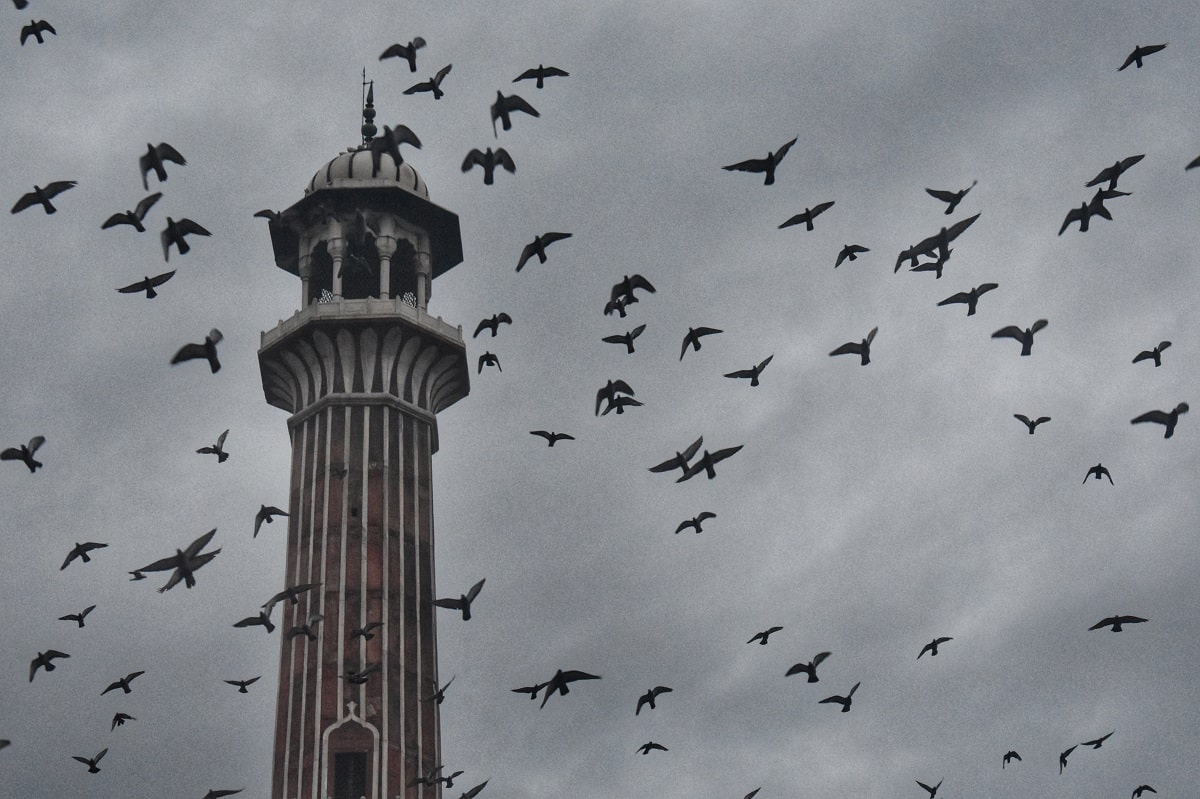
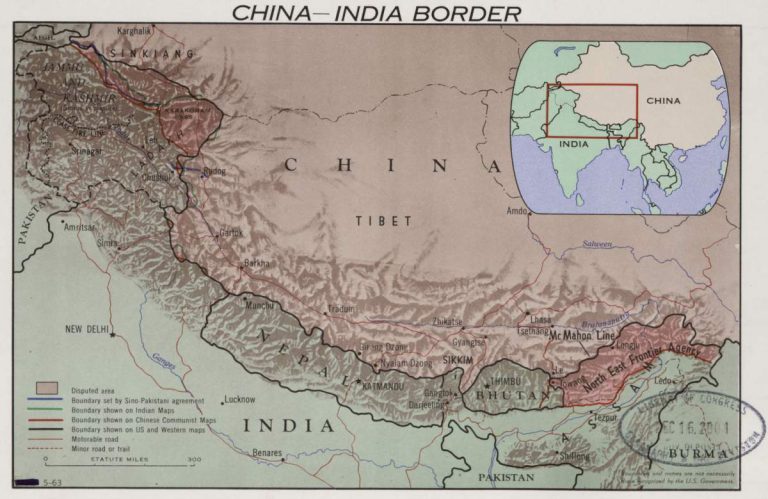
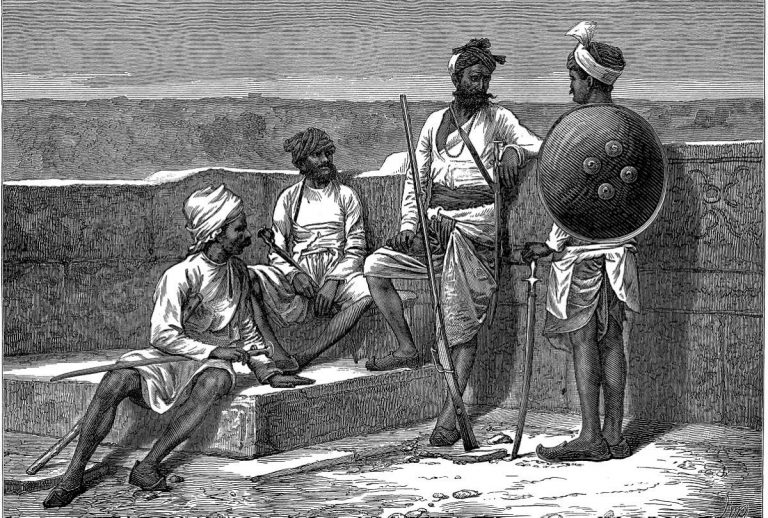
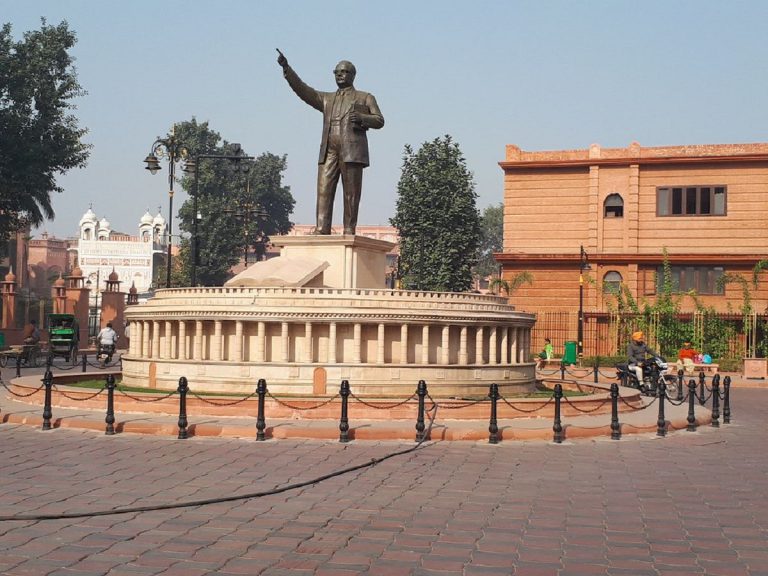
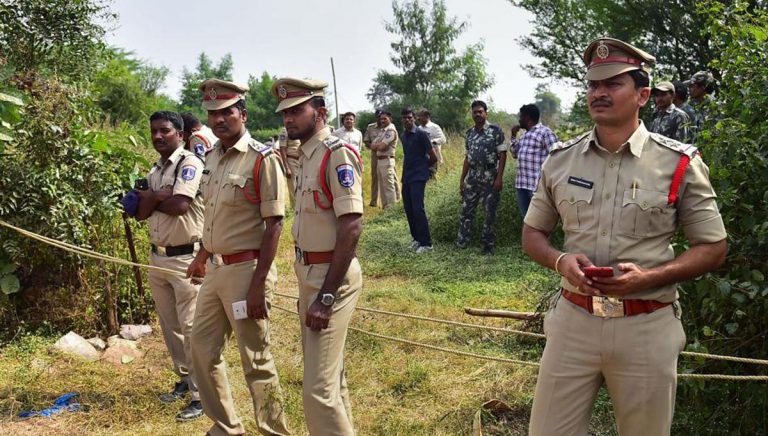


If bhanu makes us believe that ram mandir judgement is because of bjp government then nobody can stop us to believe that in the last 70 years the verdicts delivered by sc in favour of congress govt are also tainted. Is he ready to this proposition.
Sor are never Incorporated in the act , increase you awareness.
The synonymn of polarisation is unity. Unity of hindus is not acceptable to liberals. If hindus unite irrespective of caste ,creed, region, faith then rest shall fall in.